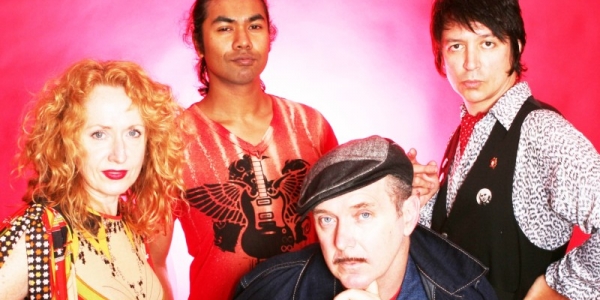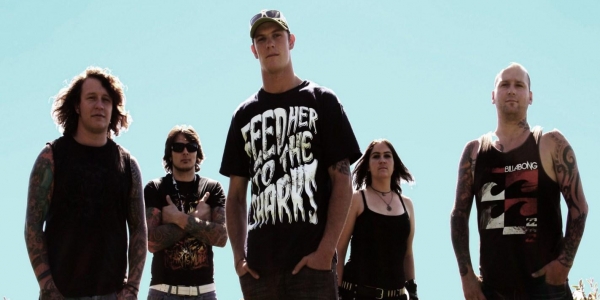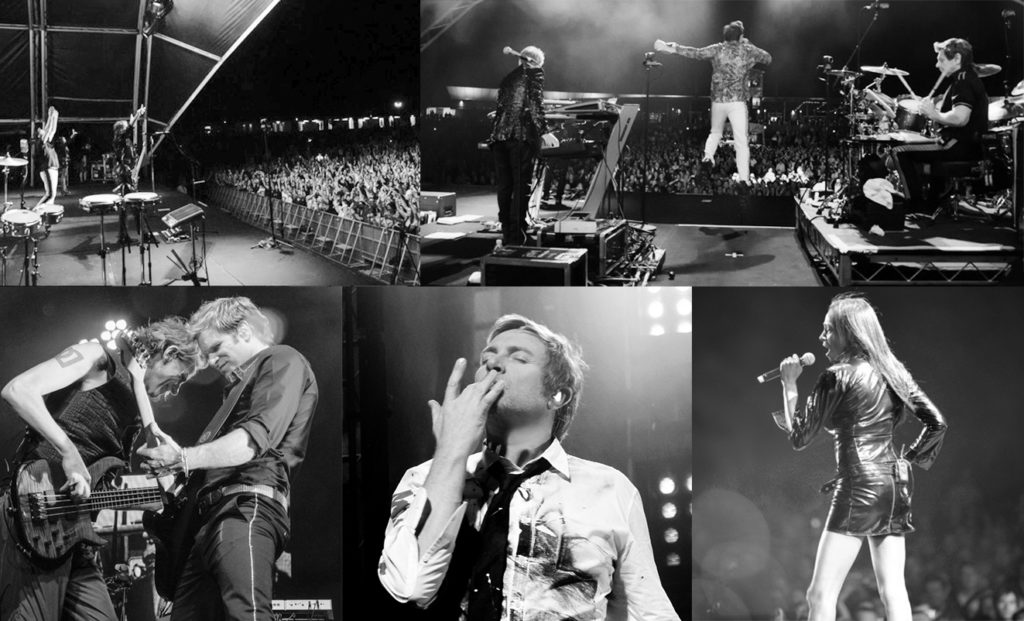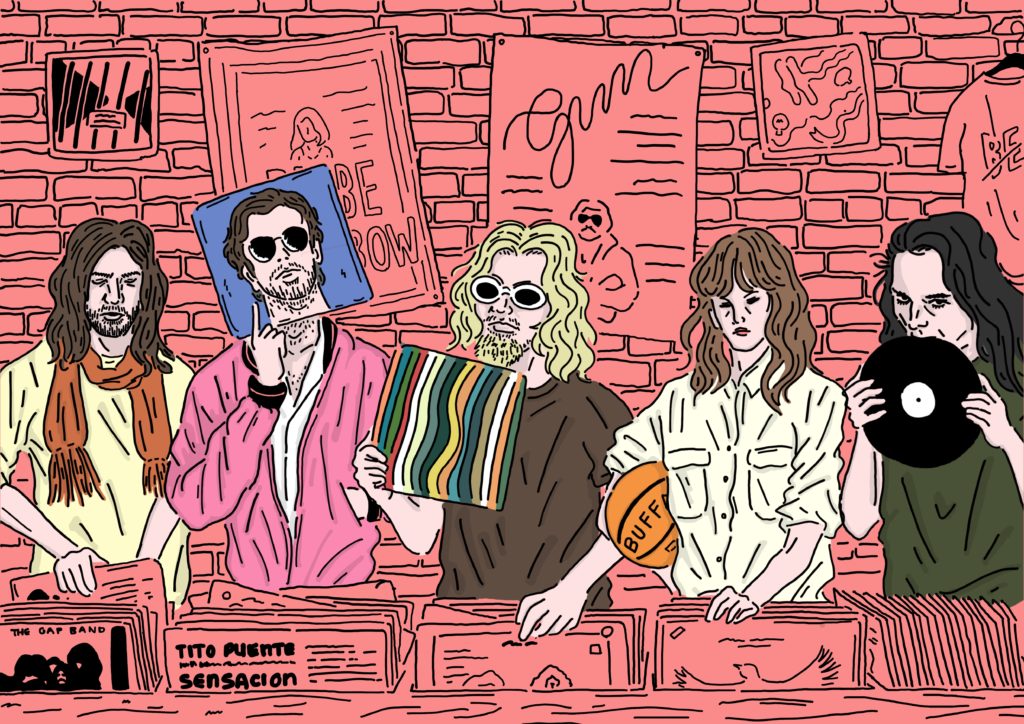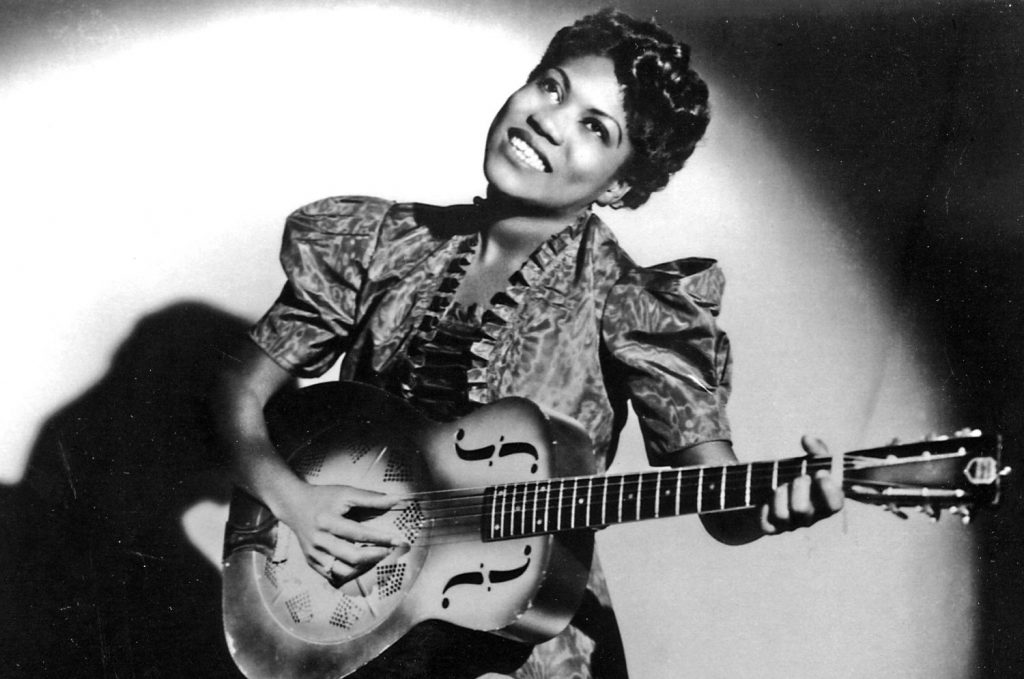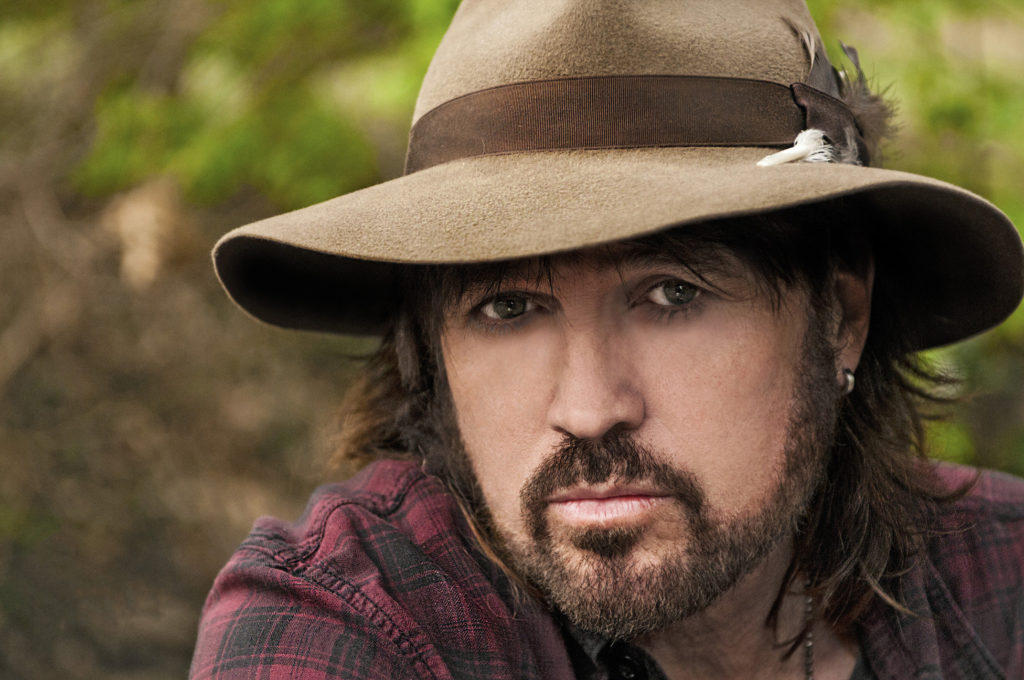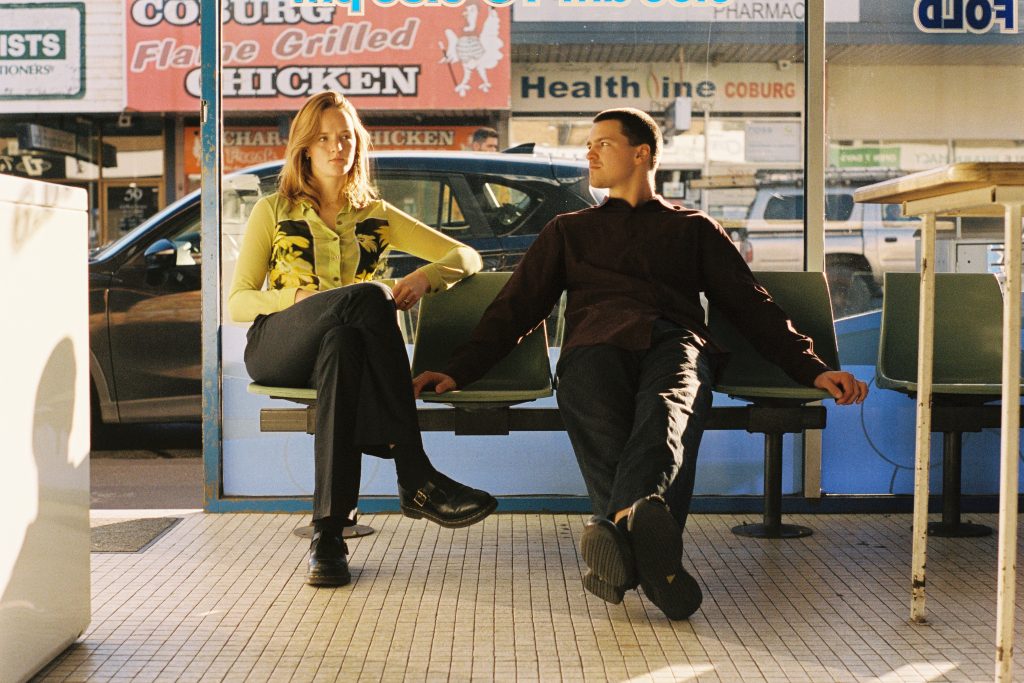Graney’s recently published memoir, 1001 Nights, details his journey from the bland musical pastures of country Australia to the dirty nocturnal glamour (sic) of life in London in the mid 1980s, through to his re-invention as the King Of Pop in Australia in the early 1990s. While Adelaide is regularly derided as a cultural backwater, when Graney arrived in the late 1970s Adelaide was still under the influence of Don Dunstan’s progressive leadership.
For Graney, however, Dunstan wasn’t an obvious influence at the time. “I wasn’t really near that arts scene,” he says. “But growing up in South Australia at that time, it was forward looking. These days Adelaide is denigrated as boring and dull, and it’s often referred to as a ‘rust belt’ city, which is a cliché stolen from the US. But you do get the sense now that Adelaide is less daring.” Clare Moore remembers “playing the drums in a band the last time Don Dunstan won office”. “I do remember the Adelaide festival being quite adventurous,” she recalls. “I’d put a lot of that down to Don Dunstan.”
Back in the present, and Graney has just released a new album comprising reworkings of some of his most popular tracks includingRock ’N’ Roll is Where I Hide, Apollo 69, Feelin’ Kinda Sporty, Night Of The Wolverine and Three Dead Passengers. Graney has described the record as “our third debut album”. “I loved Hashish And Liquor,” Graney says, lisitng off the band’s previous albums. “We Wuz Curious was a great realisation of our band, and Knock Yourself Out was a high point for me. And Supermodified was a reminder of what we did as a band – and this is like that. I like those later Muddy Waters records when he’d go back and re-do old tracks. These are songs that people really like to hear live,” he says.
The (re)recording process was relatively simple: Graney, Moore, bass player Stu Thomas and guitarist Stu Pereira went into the studio over a couple of days and put down the songs; the record was then sent electronically across to New York where Victor Van Vugt (who’d played with The Moodists in the early 1980s, as well as producing Graney’s 1995 album The Soft And Sexy Sound) mixed the record.
Many of the tracks on the album reflect Graney’s idiosyncratic pop sensibility, which can be contrasted with the tougher, rhythm-heavy Moodists material. Moore says Graney had been writing pop material before The Moodists; The Coral Snakes merely reflected a return to the pop influences of post-punk bands such as Wire.
“When we were in The Sputniks the songs Dave wrote were more poppy, because we liked bands like Wire,” Moore explains. “Then with The Moodists, the songs were more based on drums and the beat, and then with The Coral Snakes, Dave went back to those earlier pop songs.”
“Around the time The Moodists finished I was really into that (UK label) Postcard material, like Orange Juice,” Graney says. “We were really inspired by our time living in the UK, and those Postcard guys. They showed us a lot – and I also spent a lot of time with Peter Milton-Walsh from The Apartments, and I loved his songs.”
While Graney was the songwriting focus of The Moodists, it was only when the Moodists broke up that he began to develop the ‘Dave Graney’ public persona that would culminate with his ARIA success in the early 1990s. “I got really interested in those late ‘60s singer-songwriters like Fred Neil and Tim Buckley,” he explains. “I really wanted to be a singer, not a songwriter.”
While Graney and Moore have reconvened the odd Moodists reunion show, it’s highly unlikely there will be any reinterpretation of old Moodists material. “We’ve occasionally done a couple of songs, but those songs really belong to the band,” Graney admits. “It’s hard to hold that band together,” Moore adds. “As a band, The Moodists is a bit of a diva,” she laughs.
Greil Marcus once wrote an article challenging the description of artists as ‘survivors’. Marcus’s thesis was that the term ‘survivor’ should be used to describe only those artists who had overcome some near tragedy, rather than a cheap observation on any artist who’d managed to maintain a career over a period of time. On the last track on Graney’s new record, We Don’t Belong To Anybody, Graney suggests his (and Moore’s) own time in the music industry has involved an element of survival. Graney and Moore, however, don’t see themselves as survivors. “We just consider that we’ve got a really good band, and we can play gigs which is good, because we can’t do anything else,” Graney says. “Survivors suggests that we’re damaged,” Moore says. “I think we’re just winners,” she laughs.
